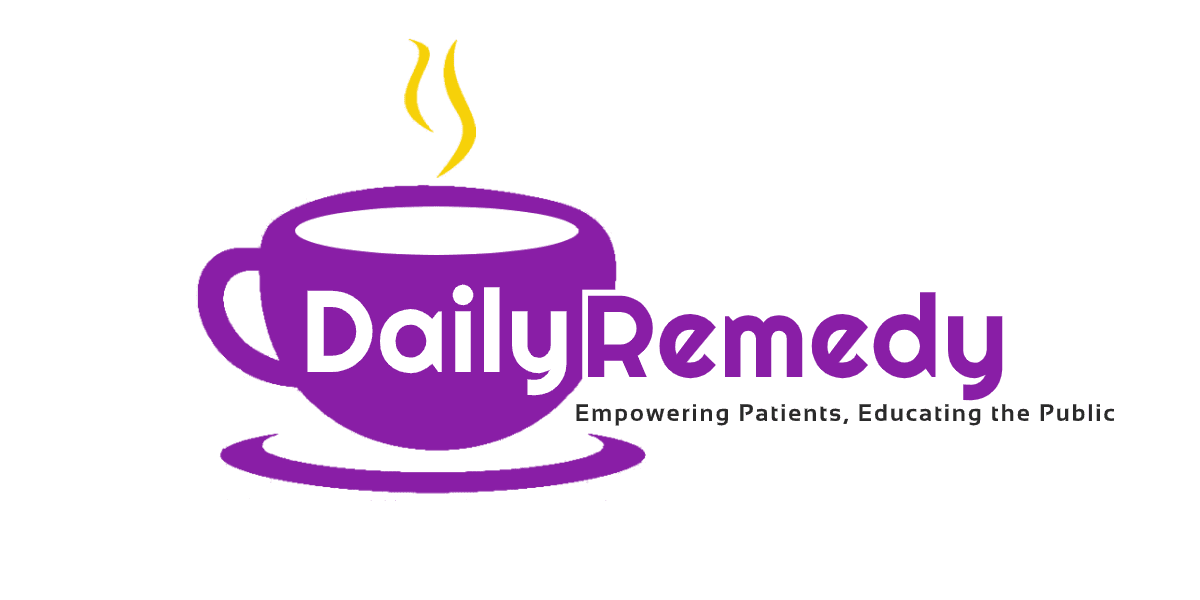The revised and expanded pain treatment guidelines that the Centers for Disease Control and Prevention (CDC) published mention “patient abandonment” eight times. They also include two occurrences of this admonition, in bold and italics: “Clinicians should not abandon patients.”
That gives you a sense of the disastrous impact that the original version of the CDC’s advice, published in 2016, had on medical care. Something clearly has gone terribly wrong when clinicians have to be reminded that they are not supposed to abandon patients. At the same time, the CDC’s acknowledgment of the problem signals its willingness to address the needless suffering caused by the 2016 guidelines, which resulted in undertreatment, reckless “tapering” of pain medication, denial of care, and procrustean policies that prioritize reductions in opioid prescribing over the interests of patients.
Source: The Reason
The CDC’s New Pain Treatment Advice Aims To Correct the Damage Done by the 2016 Version















